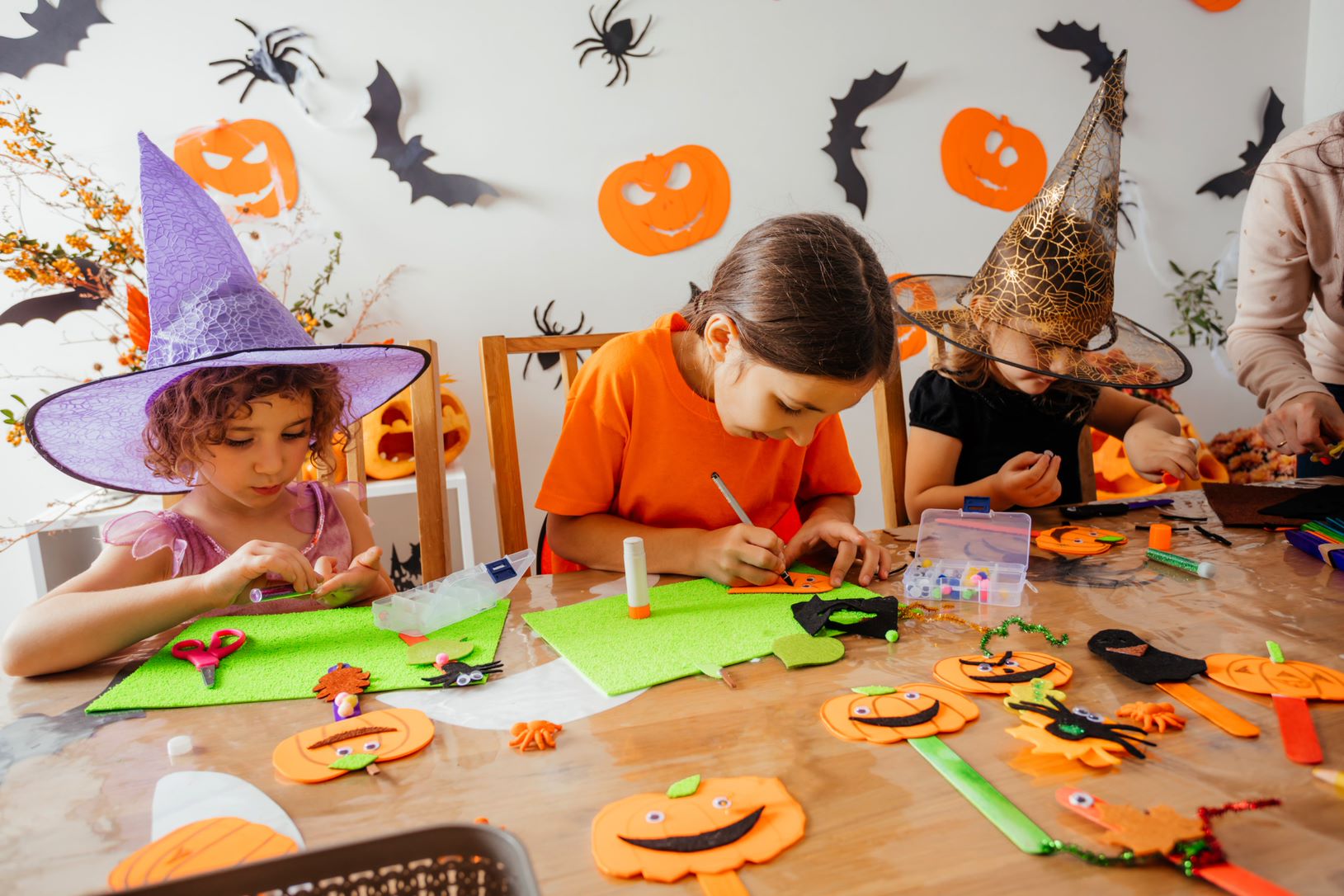Being a Korean Child. The Learning Curve
May 5, 2021

Today we have a talk with Hyan Min. He’s a husband and father of one, living in Korea. He works in private equity and is a venture capitalist who takes great pride in ensuring his daughter is well equipped for her future. We’re very interested to learn about what life is like raising a daughter in Korea as well as the challenges faced in the education system particularly surrounding the English language.
To start, can you give us some background information about yourself?
I’ve lived in Korea since 2011 and I work in private equity and I’m a venture capitalist. I look at technologist start up companies, mostly in Korea and I do a lot of financial advisory work. I have a company in Singapore which means I travel extensively between there and my home base here in Korea.
I have a 3.5-year-old daughter. She was born in Korea so I intend to put her through Korean schooling to learn the language first. She currently attends preschool, however due to the pandemic there have been a lot of interruptions and delays with travel and schooling. It’s a big challenge but I guess it’s something that we’re all currently dealing with.
It’s definitely a challenge. How have you been dealing with the changes?
Last year after the pandemic began, we started working mostly from home. I’ve also started to meet people very seldomly. Going out in public is quite scary, more so now that I have a child. I have friends who’ve been struck down with high fevers and after seeing doctors they’ve been suspected of having the virus. It’s scary and confronting. I mean, once someone my daughter has been in contact with gets infected, the issue is, her school will shut down and all the family’s related to the school will have to go through scrutiny.
That sounds very interesting. How have these changes affected your child’s education?
The primary care is done by her mother. My wife is good at teaching Korean as it’s her primary language. The good thing is she likes books and she enjoys reading. In saying that my wife is the primary carer, I help out a lot with the housework. I also spend a lot of time with my daughter when she plays with technology. She has a dedicated iPad which has apps that are appropriate for her to use on there.
I also try to teach her more English so that she gets better at it. It’s been tough because as a young girl she should be playing with her friends, going to playgrounds and things like that. The weather has been quite cold this winter. With that and the pandemic, families don’t really want their children interacting with other children. The current restrictions are also stating that we can’t have more than five people gathered together so we can’t really go out to lunch or dinner together with other families, so it’s been tough.
This pandemic has definitely been sad and challenging…
(laughing) I guess it’s been a good opportunity for you though, in terms of your app. I mean, during this time I’ve been able to look into educational apps and she’s been on the Kids Academy app for a little over 8 months now. I mainly focus on apps that involve using the English language and I know that there aren’t many apps out there designed to teach it as a second language. Your app would be great for people in far East Korea, Japan and China as there’s not a lot of quality apps that teach English as a second language.
The app has really helped her. She reads and speaks almost perfect Korean language which I think has happened quite quickly for her age. Her vocabulary is also quite good for her age. She understands English, for example, if there’s an instruction that's not too difficult for her on the app, she understands what to do. However, at times she does ask me questions when she’s unsure.
That’s great! How much time does she spend on the Kids Academy app?
Right now, I try to divert her to the app as she hasn’t been very active on it. She was very active with Edoki which is the Montessori app, and also the app called Doumi which is a gaming app. She sometimes finds the Kids Academy app a little difficult in terms of the instructions that are used. In the past two months though she’s caught onto YouTube but I'm trying to delete that and get her away from it, but it's not easy.
Did you know that Kids Academy has a YouTube channel with lots of educational videos on it?
No, I didn’t know that. I’ll have a look at that right now and subscribe to it. Wow- there’s 410,000 people currently subscribed to it. Amazing! And even over 400 videos on here. She might find this a lot more interesting. Thank you!
No problems. What else can you tell us about your experiences with Kids Academy app?
The main menu is a little confusing. However, I like the app because compared to others it’s more calm and less entertainment and more centered towards education. However, some of the interfaces are not as smooth. For example, if she was asked to join the dots, she would do this and then expect the activity to finish except she is instructed to press the ‘done’ button. If she was a little older then it would be fine but I think for younger children, and having English as the second language, I think this should be removed. Also, as she gets older and starts to attend school where they will focus more on education, literacy and math, rather than ‘caring’, as in daycare then she should be fine working through more advanced apps and instructions.
After March of this year, her education will become more serious and English focused. With the assistance of your app though she knows her numbers up to 100, she knows her ABCs, she listens and she understands the instructions. Not all of it but she understands 60-70% of it. I often explain in Korean and she will understand what to do.
Yes, very true. Why did you decide to teach your child English at a very young age?
In Korea, kids are very competitive and if I brought her to Singapore prior to the pandemic last year she would be learning English and Chinese instead of Korean. She would have learned Korean anyway as this is her mother tongue because we speak it at home.
Korean parents spend more than $40 billion a year trying to teach their children English. We spend more money on English education for kids compared to other places, and we’re terrible at it. I wonder how others learn and speak it so well. By the time they come to 6th grade they have to know how to speak English properly in order to excel. We have to prepare our children early in order for them to do well in education; for them to get through preschool, elementary school, and college. They have to be able to speak very fluently and I think one way for them to learn how to do this is to send them abroad. And put her in an environment where everyone speaks English. The only problem is we can’t do this, because of the pandemic.
So the point of her learning English is for her to get a better education?
If better education means going to better colleges and better opportunities for jobs, then yes. College entrance exams in Korea are Math and English, so it’s crucial that she knows it. The issue with her learning English in a Korean driven environment is the important part.
What’s the difference between a Korean childhood and others?
English is a global language. If you don’t speak it, you cannot work in international and global companies. If you want to become a lawyer in Korea though you don't really need to speak English however, if a lawyer had spoken English really well and practiced in both national and international law the pay would be 5 times more than a regular Korean without knowing English. In other words you wouldn’t be able to explore the global opportunities.
After 1980, families started to liberalize because they could start to travel. Back then, I had already travelled due to my father’s occupations since the late 60s so when I came to Korea I could work anywhere I wanted because my English skills were quite advanced. Lots of the companies I began working for hired me straight away because of my English skills. They didn’t even look at my education because many Koreans my age weren’t able to speak fluent English.
For my daughter’s age it’s different. People aged between 20-30 years old went abroad to study because they realized that the opportunity was different and they knew the importance of needing to learn English to excel. You become a different citizen class, that’s the difference. I’m not going to let my daughter not have that opportunity and exposure from a young age because I know that it’s important.
What are your thoughts on learning languages?
Korean is a very unique language and it's hard to learn. Learning English is a lot easier. Where I live it’s orientational culture. It’s more towards Chinese culture. I travelled to Japan and nobody spoke English. Korea however is trying to change that as we have a huge demand for learning the English language.
I pay to send my daughter to an English speaking preschool. If I sent her to a Korean speaking school, I wouldn't have to pay because it's funded by the government. I pay $1500 a month for her to attend and that’s without the expenses like books. But I’m okay with that because I want her to have more opportunities. Like I said before, Korean families spend more than $40 billion each year to teach their kids English. It's a huge market!
Do you notice any talents that your child has?
She’s very bright. She has great language skills and is good at reading and writing. She likes to listen to music, dance, and perform ballet. She is quite active but she doesn’t like sport, as in physical education.
My aim for her this year is to focus on English and Math. She will start piano lessons, being tutored twice a week. We just got a piano set up so it should be good.. We have goals. We want her to have this mind frame before she attends school. The children who excel always know how to play one instrument almost perfectly, she’ll only be 7.
How much time do children spend on education in Korea?
She goes to preschool from 9am-3p. Then, she will have two extra co-curricular classes after that and is usually home by 5-6pm. On Saturdays she will have school due to missing out on a lot during COVID-19. When she is 12-13 years old she won’t be going to sleep until 10pm. There’s no time for TV or play, just studying, learning instruments and school work. Korea is one of the most competitive countries for children. People in the Western world don’t understand how competitive it is. Singapore is also competitive. They start education at the age of two. You have to learn Chinese, English and a third language and it’s crazy. Parents don’t want to share their experiences with other parents because that's how competitive they are!
What have been your daughter’s difficulties and how do you help with these?
She likes to read and look at books but the issue is the English language is a little tough for her. If I talk to her in English she will say “No, no English” in Korean because she doesn't know how to talk in English perfectly. She started talking late. Once she started talking she did it perfectly. I think she waited until she was very good at it. Her writing skills and drawing skills are terrible. I think she was generally late in achieving things. She started walking later as well, compared to other kids. In saying that though, she has potential. I will spend a lot of money on her that way, let’s put it that way.
We take her to classes. After preschool she goes to English language classes for an hour, then attends ballet lessons and English musical and dance class. As I said before, we have organized her to learn piano. We’re also thinking of putting her through another activity called ‘English Mathematics’ where they learn Math using the English language. I try to align all activities around the English language even though it’s five times more expensive.
Is this the same for teaching her how to read at such an early age?
Her mother is very talkative. We also believe in reactions. So when our daughter shows that she’s good at something, we make a big deal about it saying things like “ Wow, you’re so good at it!”
She reads a lot of books and we read to her a lot growing up. We also used flashcards for wording. There were about 100 flashcards and we made sure to repeat this once or twice a day.
To sum up, being a child in Korea has its challenges. The English language has proven to be something of great importance when it comes to opportunities. The money spent on learning the language doesn’t seem to hold as much importance compared to what it holds for the individual once they learn, understand and use it, which is great potential.











